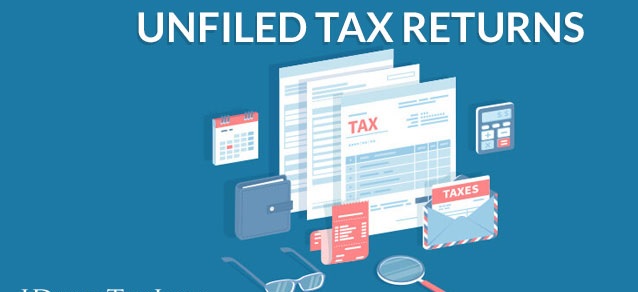Unfiled IRS tax returns refer to taxes that have not yet been filed with the Internal Revenue Service (IRS). There are many reasons that people do not file their tax returns, such as personal problems, business complexities, or not having enough cash to pay all of the taxes. Statistics show that around seven million people fail to file their taxes each year.
The penalty for not filing your tax return is usually steep. The IRS can charge you up to 25% of your tax debt. If the balance is higher than this, you can face additional penalties and late fees. If you fail to file your return, you are facing a potentially massive debt and a lifetime of penalties.
While it’s understandable that it can be difficult to come up with the money, you should always try to file your taxes. Even if you can’t pay the taxes on time, you have the option of applying for a six-month extension to pay them. While this is a helpful option, the consequences for failing to file your tax returns will depend on the amount of money you owe and the amount of refund that you owe.
Steps for filing your unfiled taxes
The first step to filing your unfiled taxes is to gather all of your tax filing information. This includes information about your filing status in every year. Common tax filing statuses include single, married filing joint, and qualified widow(er). It also includes information about your dependents. If you don’t have receipts, try to find emails or information on your computer that show these expenses.
If you have any questions about your unfiled IRS tax returns, contact a professional attorney as soon as possible. A qualified lawyer can help you avoid income tax liens, wage garnishments, and levies. Attorney Timothy S. Hart is licensed to help taxpayers nationwide. If you have not filed your taxes, you can be fined and face criminal penalties.
In some cases, filing an extension will not help. In these cases, you should first estimate your tax liability. Make sure to factor in any payments you have already made, including withholding from your paycheck.







